Interactive Brokers’ Senior Economist Jose Torres and Chief Strategist Steve Sosnick have another in a series of economic and market discussions hosted by Andrew Wilkinson, Director of Education. Topics include: The Debt Ceiling, interest rates and short selling.
Note: Any performance figures mentioned in this podcast are as of the date of recording (May 8, 2023).
Summary – IBKR Podcasts Ep. 75
The following is a summary of a live audio recording and may contain errors in spelling or grammar. Although IBKR has edited for clarity no material changes have been made.
Andrew Wilkinson
Welcome everybody to this week’s Interactive Brokers’ podcast. My name is Andrew Wilkinson. I’m here with my colleague Steve Sosnick.
Steve Sosnick
I’m great. Thanks, Andrew.
Andrew Wilkinson
And down in. West Palm Beach we have Jose Torres, senior economist for Interactive Brokers Group. How are you, Jose?
Jose Torres
Doing great Andrew, thanks for having me again.
Andrew Wilkinson
We’re always a pleasure, mate. We’re going to start with you. Why did the recent comments from Jerome Powell about higher-for-longer interest rates lead to a market sell-off? What’s your take on that, Jose?
Jose Torres
Well, I think some investors were expecting a pause or some commentary supporting a pause either now or in the near future due to the financial stability concerns emerging from the regional bank debacles. But Chairman Powell stayed hawkish. He understands that the progress on inflation has been strong, but the road hasn’t ended yet. He still has more to go on inflation. Basically, it’s been easier to go from 9% to 5% because of the commodity prices and the supply chains. Now going from 5% to 2%, that’s a lot more difficult. So, the market was a little more optimistic than the Fed was in that regard.
Andrew Wilkinson
So, let’s talk about the payroll report from last week. Did that justify Powell’s persistent hawkish hawkishness? And tell us about what you thought were the highlights in the report.
Jose Torres
Absolutely. I thought that it justified his hawkishness. I mean, you had broad-based gains of about 250,000 additions, and you had huge wage gains of 0.5% which, if you annualize that, that’s 6%, right? That is nowhere near consistent with 2% inflation, and supportive of Chair Powell and the Fed to continue tightening policy. As far as a rate cut is concerned, the market has also been very optimistic on that front since last June. It’s been, “OK, inflation’s over. Let’s push risk assets higher.” And we find that every month or two, there seems to be a blockade on that front.
Andrew Wilkinson
Well, Steve, over to you. Market players looked at the jobs report and they saw the inflationary message. Was there some role for the zero date expiration options you’ve been talking a lot about recently. You’ve got a thing about them; did they play any kind of a role in the rally on Friday?
Steve Sosnick
Well, at about 8:45 or 9:00 o’clock in the morning, I tweeted, “0DTE traders, start revving your engines,” because you could see it. It was very much a “heads-I- win, tails-I-win” report as far as the market took it. I don’t actually think it was, for the reasons Jose mentioned. But we’ve been pricing in rate cuts going further out — which are still being priced in by the way — which would have to imply a miraculous victory about inflation. I think it was the head of the New York Fed who said, “You know, what are we going to do, say oops, you know, we were wrong. Let’s turn around and cut rates”. [Note: it was actually the President of the Philadelphia Federal Reserve.] No, they’re not going to do that without some sort of crisis.
So, heads I win, being we’re still pricing in rate cuts, and tails I win because this was a sign of economic strength. So why not? Remember, every Friday has been 0DTE day for 20 years because of the weekly options. An option on expiry is always a 0DTE option, but you’ve got this mania, you know. You could see the options volume sort of pyramiding upon itself and off it went. That’s why we didn’t even have a down tick at any point. And so, I think the reaction was a bit outsized, but when you really get down to it… I checked this number today. What did the S&P move over the three-day period? From Tuesday afternoon through Friday afternoon. 16 points. [laughter] Andrew was flashing a little 0 and that’s effectively a 0. So, we ran very hard to stay in place.
Andrew Wilkinson
So, what’s the outlook ahead now? We’ve got the Cboe VIX index at about 17. Investors seem to be quite complacent about everything. Are they ignoring some headwinds, potential headwinds.
Steve Sosnick
Um, yes. [laughter] My piece today was entitled Don’t Fire Until You See the Whites of Their Eyes, which you know being British, you may not be as familiar with that phrase, but it comes from the battle of Bunker Hill and the American Revolution. And it was the Redcoats who had far more ammunition than the revolutionaries.
Andrew Wilkinson
I can’t say I was there Steve.
Steve Sosnick
Nor was I. It’s a bit more legendary on our side than yours. Basically, it was to conserve their powder. It was don’t start shooting until the guys are close because you have a much better shot at hitting people from close range. And that’s really the approach they are taking with the debt ceiling. Remember, VIX is designed to measure the market’s best estimate of volatility over the coming 30 days and what it’s telling you is it doesn’t the markets don’t expect much. And so, we’ve seen this movie before about the debt ceiling, there’s a lot of suspense usually, but the ending is usually pretty benign; usually dull. And I think that’s the route the market is taking right now, and I’ll let Jose weigh in on this because I’d like to hear his opinion, despite the fact that things look pretty unresolved in the short term.
Andrew Wilkinson
Well, let’s toss that hot potato to Jose. Why are investors still looking for a cut in interest rates by the time of the September meeting when inflation is right there in our faces?
Jose Torres
Well, first let me touch on the debt ceiling that that Steve passed on. So, I think the market is conditioned to sort of disregard the debt ceiling problems because they’ve been occurring for so long and the last time we had some really meaningful volatility was around 2011. So, everyone just expects things to just go smoothly. They raise the debt limit and then you know, party on. But this time around is a little different. You know you have Senator McConnell is now in the minority. He’s lost a lot of influence in Washington, and you have Congressman McCarthy, who’s the Speaker. You know, he became Speaker by appealing to the Freedom Caucus. The House tends to be more extreme, tends to want to negotiate less. So, if they have any leverage on him, then those discussions could be long and generate some volatility in the markets. And while the equity volatility has been low, like in Steven’s piece today, he notes that Treasury bond volatility has been a lot higher. So, I think that we, we have to really be off to the discussions in Washington. They’re meeting on May 9th at around 4:00 o’clock.
As far as rate cuts: another thing, it’s conditioning. You know, the market has been conditioned that whenever there’s trouble, whenever there’s some kind of economic volatility, some job losses, bank failures, anything or all the above, the Fed comes in right away and helps. But the Fed hasn’t had inflation as a primary problem for a long time, so now that we have inflation and you have Chair Powell really focused on that, you know those rate cuts could be hard to come by.
Steve Sosnick
If I can sort of chime in here, one of my theses has been, “peak and pause does not mean pivot,” and I think that’s very important and because historically there’s no reason necessarily to believe that they’re going to turn around and cut rates. The last time they did that I believe was sometime in the 90’s where they pretty much cut the rate shortly after peaking it. Otherwise, it’s been about 6 to 9 month over the past 20 years, and as you note, inflation has not been an issue and the Fed has been really unanimous in their messaging about not wanting to cut rates prematurely. I just don’t see it. But somehow the market is almost taunting the Fed in that regard. Do you agree?
Jose Torres
I do agree, and I think a lot of it has to do with the (since COVID) the pickup in retail participation that we’ve had, that has been unambiguously bullish almost all the time and looking for the next reason to run higher. And you talk a lot about that in your pieces, Steve, about upside being sort of addictive and the market sometimes acting like a casino. And I think this is just again another example of market participants just looking for another reason to go higher.
And another thing I’ll add is that Chair Powell actually acknowledged this meeting whenever the messaging from the Fed has become a little lighter, like back when he spoke about neutral, I think it was June, July or in January, spoke about disinflation. Whenever the messaging becomes lighter, financial conditions loosen. And then you have another leg higher in inflation. When the Fed came in and helped the regional banking system and added $300 billion to the balance sheet, it’s no coincidence that on Wednesday we’re going to have a hot CPI, maybe even hotter than expectations, partly due to that easing of financial conditions that occurred in March when the Fed came in and extinguished that fire.
Andrew Wilkinson
Let’s wrap up with Steve. There’s some talk about banning short selling on regional banking stocks. Any interest in that suggestion, Sir?
Steve Sosnick
No. I mean they did try that during the global financial crisis and it didn’t work. You know the problem is, and I said this in an appearance I did with Nasdaq on Friday where we alluded to it and I guess we’ll drop a link in there.
Andrew Wilkinson
Yes, we’ll add a link in the show notes. [Link is here]
Steve Sosnick
When I did a presentation with Nasdaq about this recently, I described short selling as sort of like the lubricant for the financial system. It’s like motor oil.
Andrew Wilkinson
It’s the lifeblood, isn’t it?
Steve Sosnick
It’s not the lifeblood, it’s just sort of you need it there though it keeps things, it keeps the wheels greased so to speak.
Andrew Wilkinson
There’s no market without two sides, right? Every buyer needs a seller.
Steve Sosnick
And markets can be overvalued, and there’s no there’s no problem in my mind with, as long as you do it legally, with trying to, just as it’s okay for a customer to buy low, sell high, there’s nothing wrong with trying to sell high, buy low, again assuming you borrow the shares. There’s a lot of risk. People under appreciate the risk of short selling because you have to not only get the trade right, but you’ve got to get the arrow right. The meter is always running when you have a short sale on, and also it’s an asymmetric risk. You can make 100% which is wonderful, but you can lose an unlimited amount. And so, the idea of just banning it, you know, saying we shouldn’t do this, that to me is like a panic move. Don’t do it. If the shorts are wrong, they have to cover and that’s a source of demand and you should actually, if you think they’re not going out of business, you should encourage it. And as long as the rules are being observed, short sellers really can’t put a company out of business. Fundamentals do win every time.
Andrew Wilkinson
And Jose, we shouldn’t let you go without your input on the consumer price index reading this week.
Jose Torres
I think it’s going to be hot. Part of it is driven by the Fed’s loosening of financial conditions to help the regional banking system in March that propelled some pressure in April. You also had the OPEC plus production cut that led to significantly higher oil and gasoline prices and services, which has been the story for a long time and it’s going to take forever to bring services inflation down. So, we’re going to have a hot CPI report on Wednesday.
Andrew Wilkinson
Steve Sosnick, Jose Torres, thank you very much. This is Andrew Wilkinson wrapping up for ibkrpodcasts.com.
Join The Conversation
If you have a general question, it may already be covered in our FAQs. If you have an account-specific question or concern, please reach out to Client Services.
Leave a Reply
Disclosure: Interactive Brokers
The analysis in this material is provided for information only and is not and should not be construed as an offer to sell or the solicitation of an offer to buy any security. To the extent that this material discusses general market activity, industry or sector trends or other broad-based economic or political conditions, it should not be construed as research or investment advice. To the extent that it includes references to specific securities, commodities, currencies, or other instruments, those references do not constitute a recommendation by IBKR to buy, sell or hold such investments. This material does not and is not intended to take into account the particular financial conditions, investment objectives or requirements of individual customers. Before acting on this material, you should consider whether it is suitable for your particular circumstances and, as necessary, seek professional advice.
The views and opinions expressed herein are those of the author and do not necessarily reflect the views of Interactive Brokers, its affiliates, or its employees.
Disclosure: Options Trading
Options involve risk and are not suitable for all investors. Multiple leg strategies, including spreads, will incur multiple commission charges. For more information read the "Characteristics and Risks of Standardized Options" also known as the options disclosure document (ODD) or visit ibkr.com/occ
Disclosure: Futures Trading
Futures are not suitable for all investors. The amount you may lose may be greater than your initial investment. Before trading futures, please read the CFTC Risk Disclosure. A copy and additional information are available at ibkr.com.





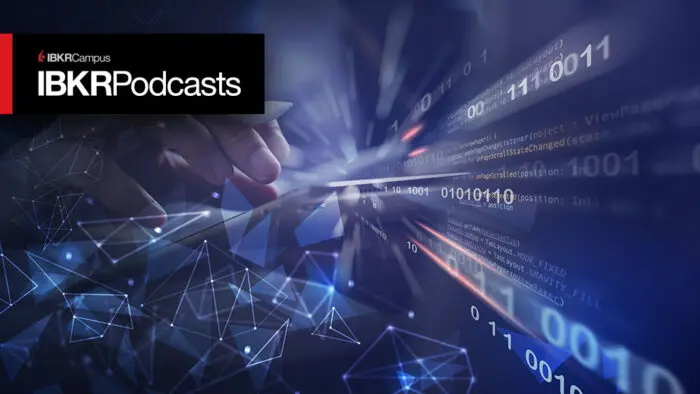
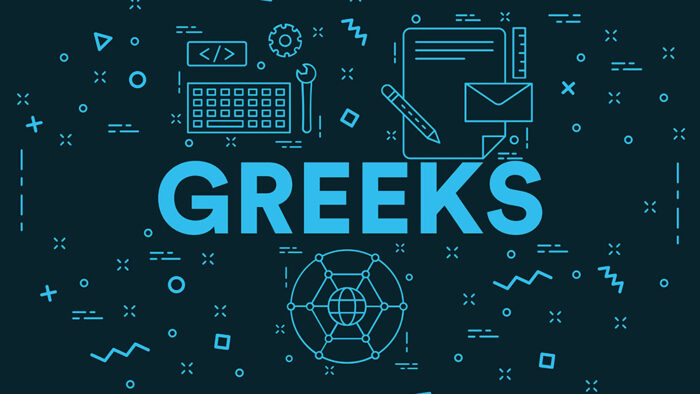

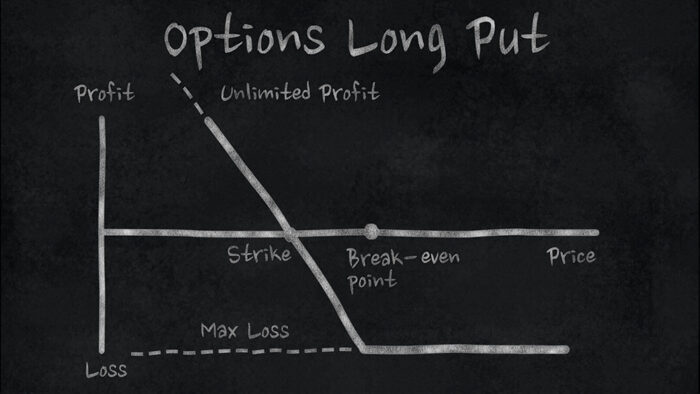




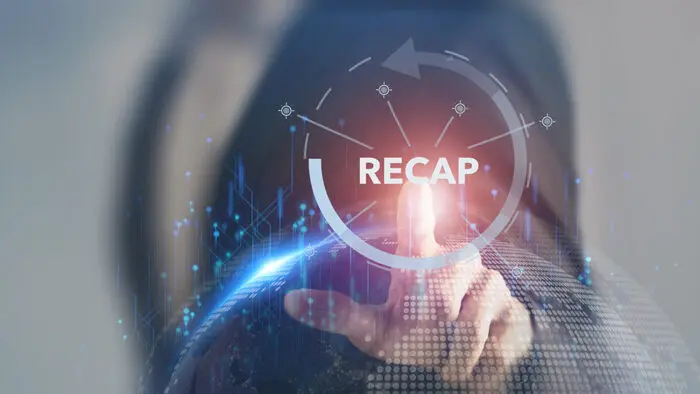



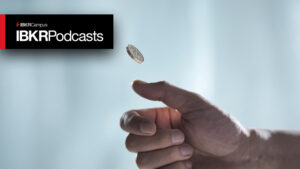


“peak, pause, and pivot”. Every time I hear that I think of ballet and see Jay Powell in a tutu.
I can’t seriously see that happening unless things get a whole lot worse
Thank you for sharing your opinion, Ken.